The Viola Rossing Prize is an award intended to recognize excellence in the scholarship and creative work of senior Gender and Sexuality Studies majors or concentrators.
Projects can take a variety of forms. They include:
- a single, scholarly essay.
- a portfolio of course essays, or a combination of scholarly, creative, and/or activist artifacts.
- a digital project, which can be a scholarly piece or a creative project.
- a creative project (creative writing, visual art, performance, or an event). If not a written project, submission must include documentation of the creative act, e.g., photographs, invitations and flyers, sample artwork.
More guidelines include:
- Faculty as well as students may submit senior student papers or projects for Prize consideration.
- Concentrators as well as majors are eligible.
- Groups as well as individuals may apply.
- Submitted projects do not have to be expanded from their original form (though students are welcome to revise and expand).
- Faculty do not advise students on these submissions.
- There is no GPA requirement for this Prize.
For 2025:
Submissions are due Monday, April 28. Awards will be announced during the GSS Reception on Wednesday, May 14.
Past winners of the Viola Rossing Prize:
2021-22 Viola Rossing Winners
2020-21 Viola Rossing Winners
2019 – 2020 Viola Rossing Winners

Katie Braman earned the Rossing Prize with a stellar portfolio of work, including her Kaleidoscope of Gender website. The website “focuses on the premise that an interdisciplinary approach provides the best lens for examining the relationship between one’s gender and other identities.”
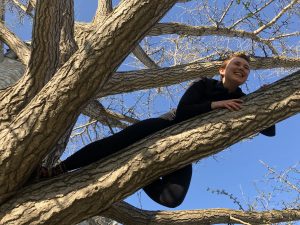 Danielle Hansen wrote a scholarly piece called “Trauma-Informed Care: Standardization & Implementation in Gynecology,” which earned her the Rossing Prize. Her review of nursing scholarship finds that “. . . the use of trauma-informed care in clinical settings improves patient satisfaction levels and increases the likelihood that patients would disclose sensitive information about their health histories (Kenton, 2017).”
Danielle Hansen wrote a scholarly piece called “Trauma-Informed Care: Standardization & Implementation in Gynecology,” which earned her the Rossing Prize. Her review of nursing scholarship finds that “. . . the use of trauma-informed care in clinical settings improves patient satisfaction levels and increases the likelihood that patients would disclose sensitive information about their health histories (Kenton, 2017).”

Britta Koenen submitted a portfolio of research on the neuroscience of tonic immobility in sexual assault. Tonic immobility, according to Koenen’s work, is “an involuntary, unlearned physiologic mechanism. . . a state of motor inhibition characterized by muscular rigidity, suppressed vocal behavior, analgesia, lowered heart rate and respiration, tremors, and periods of eye closure.” Her work is being used to make a PSA video for Title IX resources on campus.
Christopher Steene wrote a scholarly piece called “In Wifhood Wol I Use Myn Instrument”: The Secularization of Biblical Teachings on Female Sexuality in The Wife of Bath’s Prologue.” In the piece, Christopher analyzes how the Wife of Bath uses religious texts to counter Christian-based misogyny, especially in relation to chastity and virginity. Christopher writes “…women’s bodies
are the ultimately authority of women’s sexual conduct.”
2014 – 2015 Viola Rossing Winner
On May 14th, 2015 the Rossing Prize was awarded to Stina Nesbit for her great work assisting with women and gender equality in the St. Olaf Community. Stina is a senior Women and Gender Studies and Psychology Major from Northfield, Minnesota. After graduation Stina plans to move to the West Coast where she will continue being a stellar feminist. Congratulations to Stina and all the Women and Gender Studies Majors and Concentrators from the Class of 2015.
2015 the Rossing Prize was awarded to Stina Nesbit for her great work assisting with women and gender equality in the St. Olaf Community. Stina is a senior Women and Gender Studies and Psychology Major from Northfield, Minnesota. After graduation Stina plans to move to the West Coast where she will continue being a stellar feminist. Congratulations to Stina and all the Women and Gender Studies Majors and Concentrators from the Class of 2015.
2012-13 Viola Rossing Winners
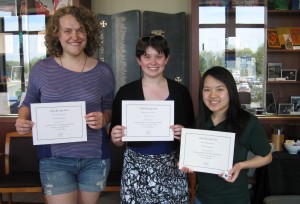
Rachel Johnson and Dory Liem received the award for a collaborative study of and presentation about transgender residence options on St. Olaf campus.
Monzong Cha received the award for campus leadership through the Women’s Empowerment house (2011-12) and for two years of critical discourse development as a blogger in senior seminars.
2011-12 Viola Rossing Awards
Olivia Anderson, Jessica Hitt, Willa Simmett, Josephine LaBua, Katherine Nesbit, and Alexandra Shea Garrett
2010-11 Viola Rossing Awards
Karen Hopper
“Women in Electoral Politics”
In her essay, Karen postulates that successful female candidates would emphasize hard political issues in their campaigns, and then shows through her research on campaign ads that this does not actually prove true.
Elizabeth Terpstra
“The Journey from Ed to Ellen: Fitting into a Binary Gender System”
This essay skillfully weaves together the biography of Ellen Krug, a post-op male to female and selected themes from gender theory. The sensitive and sympathetic treatment of Ellen’s story and the treatment of theory created a fine piece of writing.
Catey Jordan
“Freedom of Expression: Gender Diversity at St. Olaf College”
This project explores the context of gender identity at St. Olaf, informed by contemporary gender theory. Catey explains gender and transgender identity with attention to key issues of naturalization and essentialism, and usefully questions the sex/gender distinction.
Annika Tohlen
2009-10 Viola Rossing Award
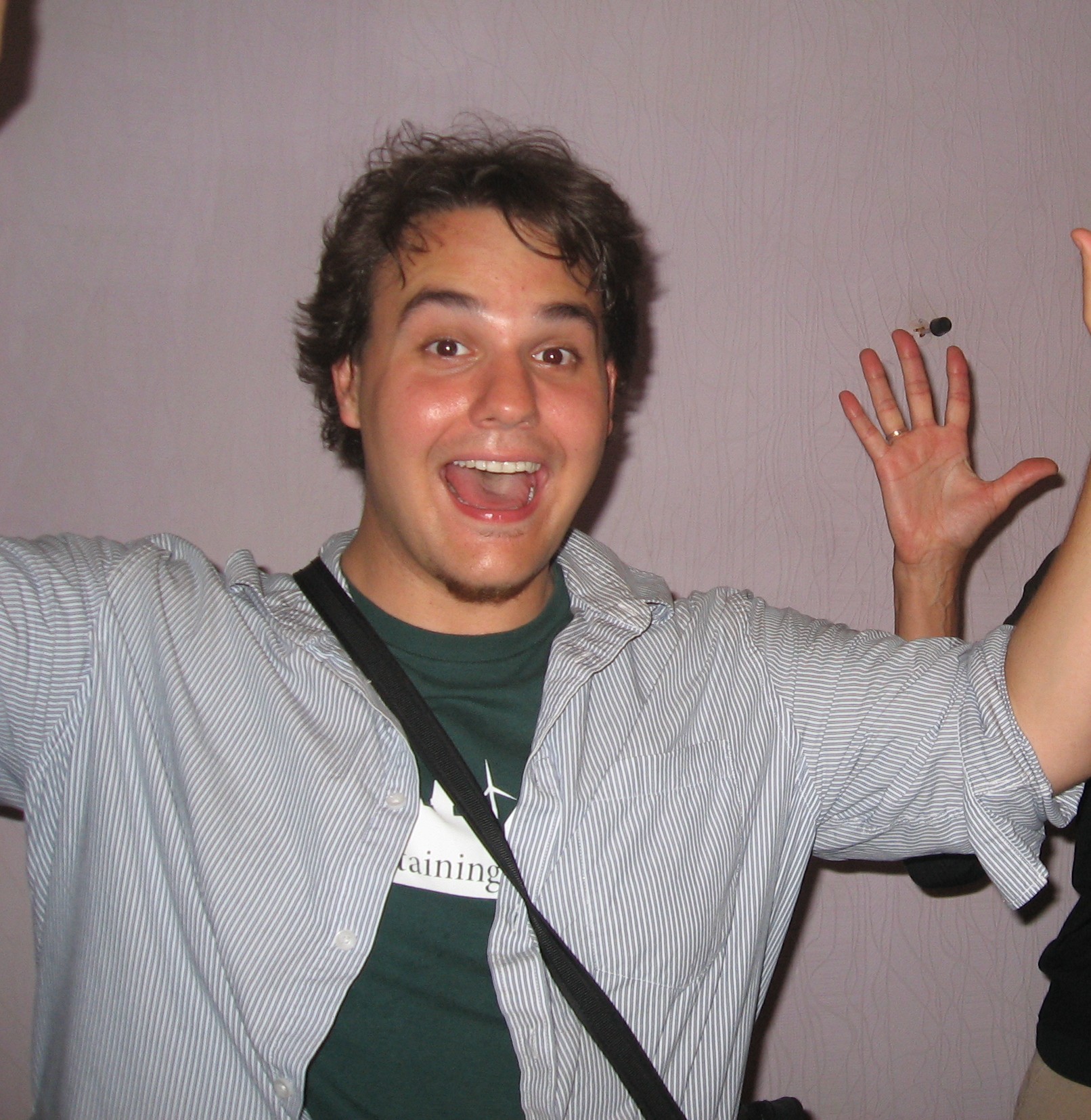
Chance Voigt – Augustine, Ecofeminism, and Disease
My project, “Augustine, Ecofeminism, and Disease: Towards an Ecofeminist Theodicy of Natural Evil”, interrogates the ecofeminist Christian theologies of Sallie McFague, Rosemary Radford Ruether, and J. Michael Clark with the question – “if God is all-good and all-powerful, why do good people suffer from disease?” I argue that, although theodicy is not explicitly discussed at great lengths by these three theologians, their ecofeminist framework and larger theological ideas have great potential for the Christian journey of reconciling God’s love with the reality of disease. I offer the beginnings of a distinctly ecofeminist theodicy of natural evil and disease that offers comfort, meaning, and value to both human beings and the natural world.
2009-10 Viola Rossing Awards
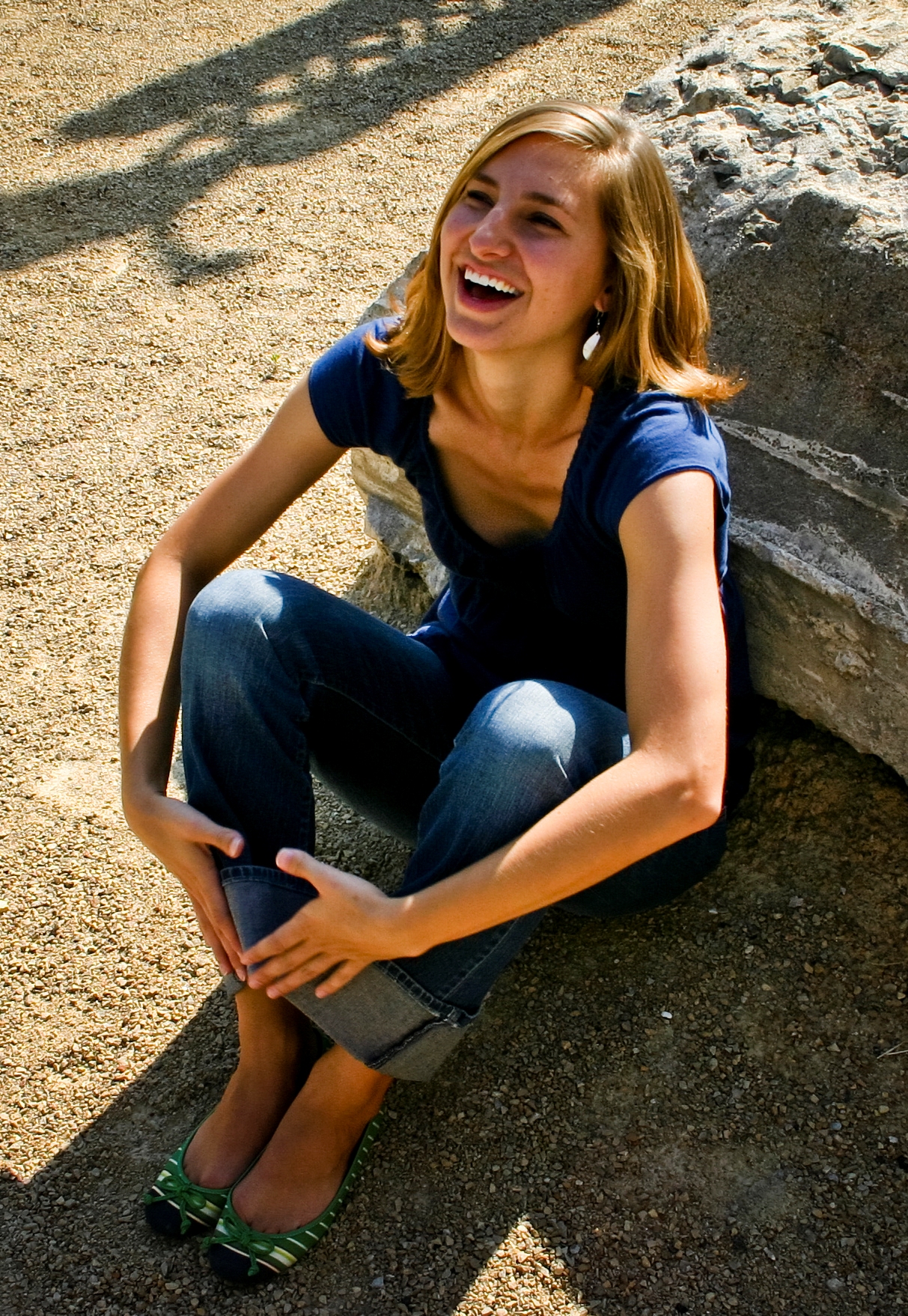
Margaret Shoemaker – Gender in Early Education
I visited elementary schools and observed how teachers influenced gender in the classroom. Teachers reinforce certain behaviors and I wanted to observe and interview the teachers to see if their personal beliefs about gender were expressed in their teaching methods. I also researched the history of how gender became an issue of debate in the education system and how it currently is included in the definition of diversity.
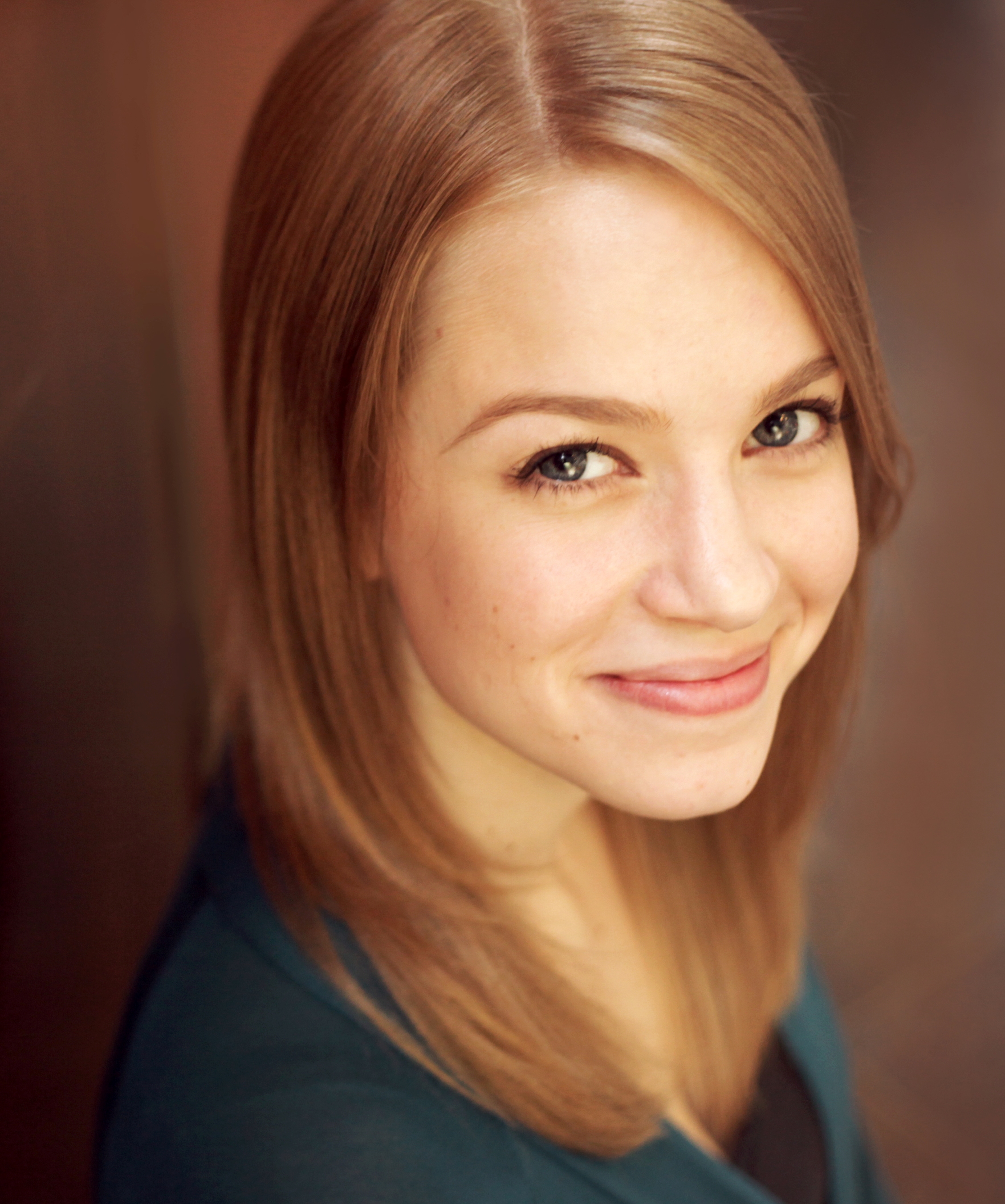
Sarah Tengblad – Entertaining Knowledge: Trends in Popular Women’s Magazines 1910 – 1960
My paper was entitled “Entertaining Knowledge: Trends in Popular Women’s Magazines 1910-1960.” I surveyed and researched St. Olaf’s archives of popular women’s magazines (primarily Good Housekeeping) using four lenses. The first was a historical overview of women’s publications during said time period and the following three sections included observations I made from the content of the magazines, titled “Women and Politics,” “Women and Work,” and “Women and Domesticity.”
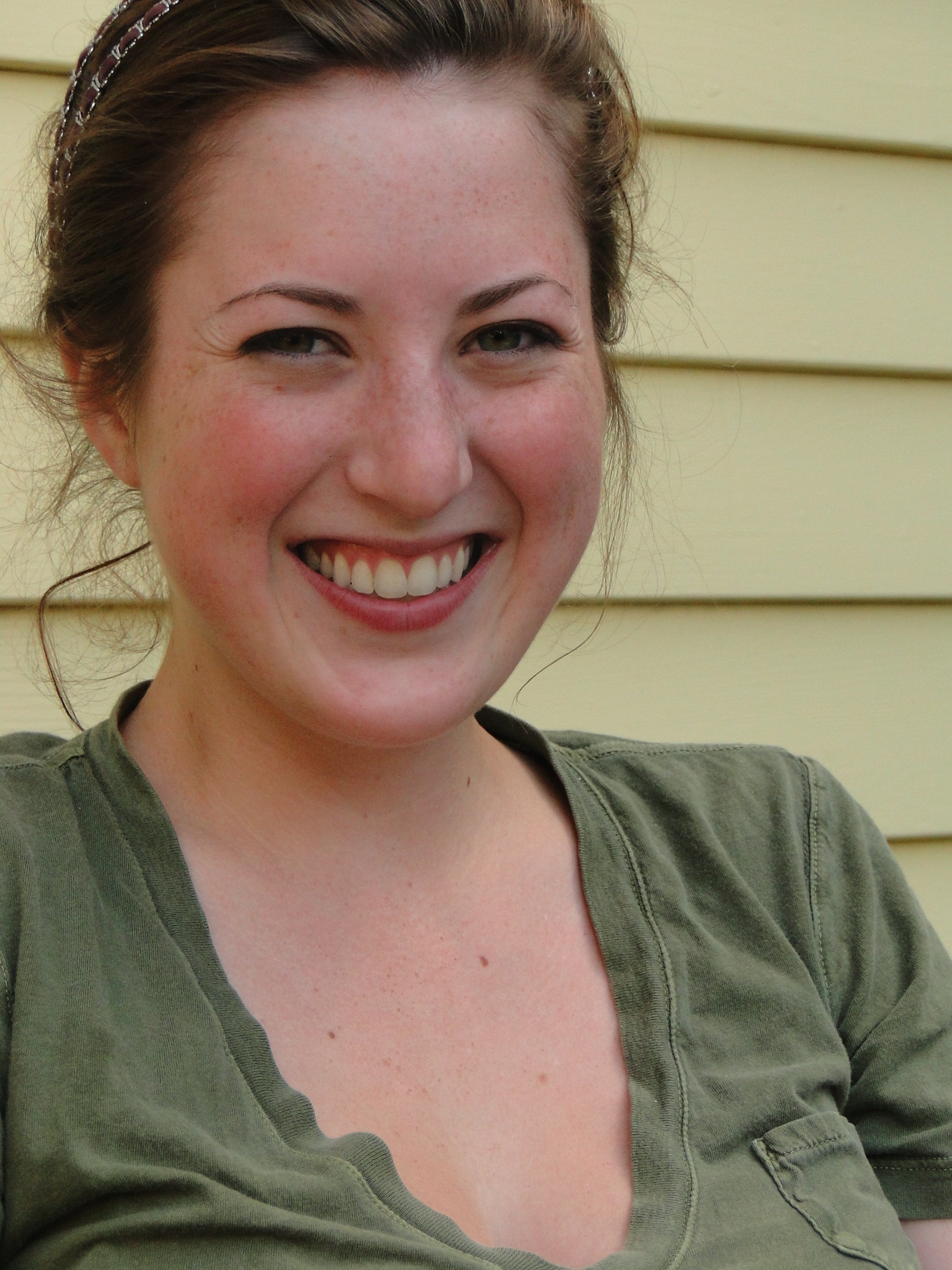
Katherine Nesbit – The Wedding Bell Blues: Interpreting Changing Trends in Common Perceptions of Marriage in Recent American History Through Young Women’s Magazines
In Jan Hill’s Intro to Women’s Studies class, we were required to write a 4-6 page paper discussing trends in magazines from different historical periods that reflect changing attitudes about women in recent United States history. I focused on the portrayal of marriage and the “single woman” in young women’s magazines within the last 60 or so years.
You must be logged in to post a comment.